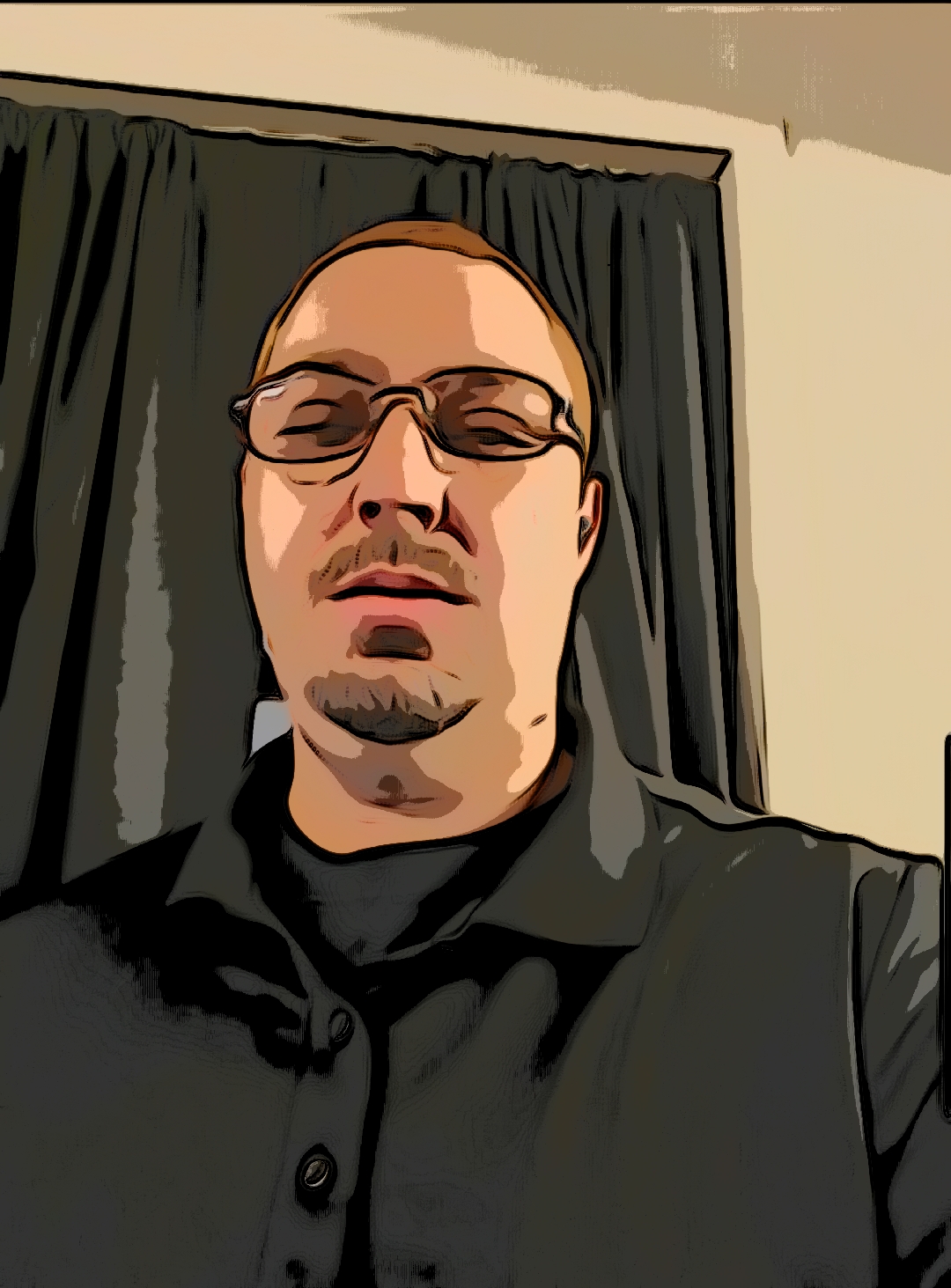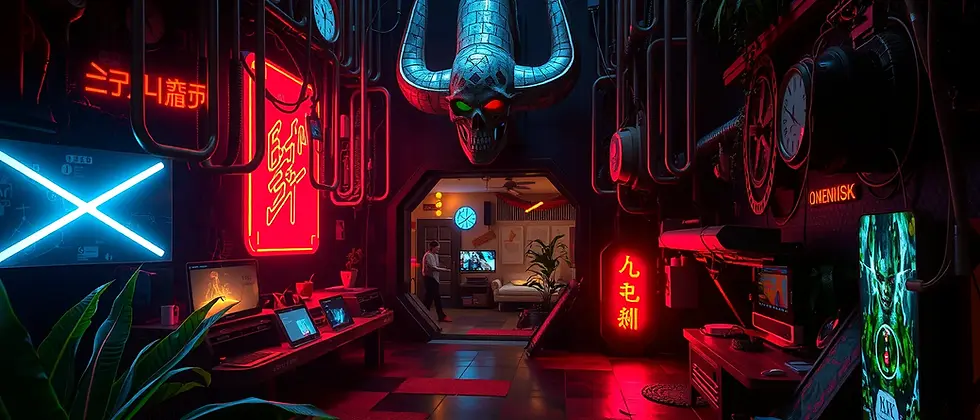Why You Should Never Trust Public WiFi—And How a VPN Can Save Your Data
- Nick Gran

- Aug 18, 2025
- 2 min read

Guest Networks, Work WiFi, or McDonald’s—What’s the Risk?
Any WiFi you don’t control is not secure—even if it’s got a password.
Most modems and routers are just hubs—everyone on that network can (with the right tools) see who else is connected, and maybe even snoop on your activity.
Just because a network has a password doesn’t mean you’re safe. You’re only as safe as the least careful person using it.
The Problem With Shared and Public WiFi
You never know who’s on the network—could be just a kid with games, could be someone running packet sniffers.
All your traffic can be watched, intercepted, or even altered.
You would never hand your house keys to a stranger—don’t hand your data over, either.
VPN: Your Privacy Superpower
VPN = Virtual Private Network.
Creates an encrypted tunnel for your internet traffic—even on public or sketchy WiFi.
Anyone trying to snoop sees nothing but scrambled data.
You can also appear as if you’re browsing from a totally different location.
Why Use a VPN?
Secures your studio traffic—music files, passwords, project data, everything.
Protects you on public, work, hotel, or even “guest” home networks.
Stops your internet provider (and advertisers) from tracking your every move.
Free VPNs?
There are free options (ProtonVPN, Windscribe, TunnelBear, etc.).
Paid VPNs are usually faster, more reliable, and less likely to sell your data, but any VPN is better than none on public WiFi.
Echo’s Take
If it’s not your network—don’t trust it.
If you have to use public/shared WiFi, ALWAYS use a VPN. No exceptions.
Even at home, a VPN adds a layer of privacy that keeps your work, browsing, and downloads yours alone.
Bottom Line: In today’s world, a VPN isn’t paranoia—it’s basic digital hygiene. Protect your studio, protect your art, protect yourself. There’s really no excuse not to use one.




Comments